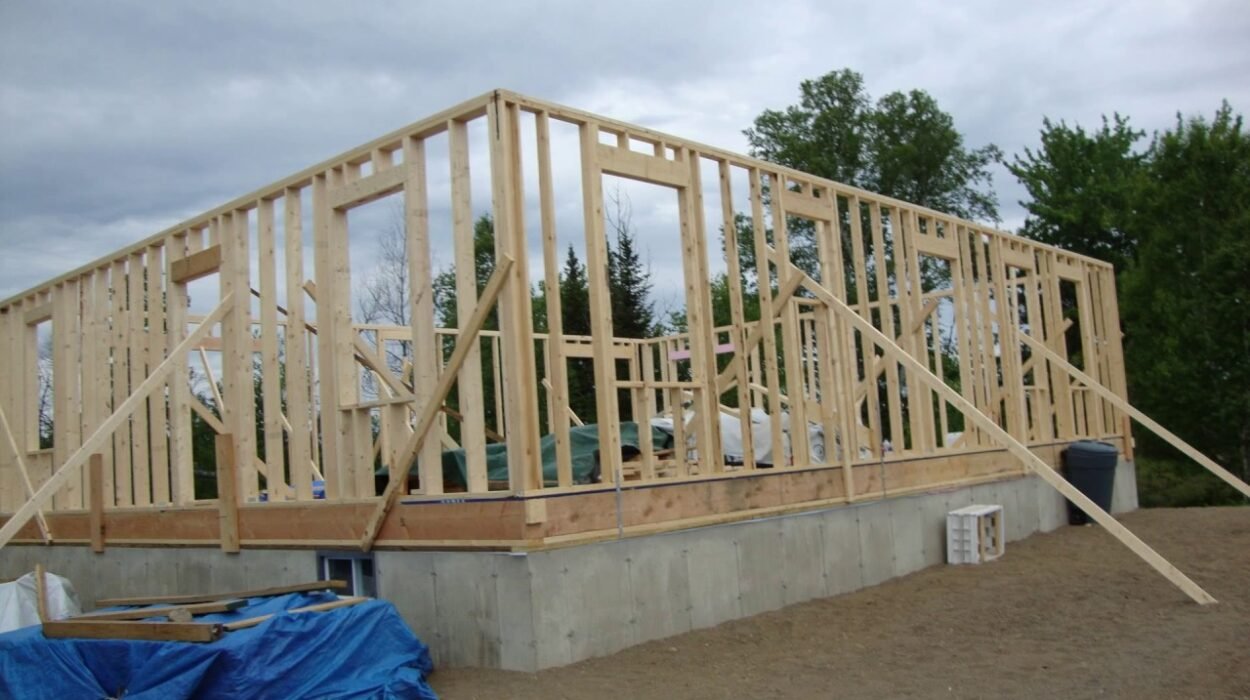Real estate is, by nature, a local game — so why are so many agents focused on generic, national SEO strategies? If you want to win in your city or neighborhood, you need to harness the full potential of real estate SEO — especially when competing in saturated or high-value markets.
Let’s explore how local SEO can put you miles ahead of other agents, even in the most competitive zip codes.
Why Local SEO Is a Game-Changer in Real Estate
Most buyers and sellers begin their journey with a local search like:
-
“best real estate agent in Miami”
-
“homes for sale in Austin TX”
-
“buy a duplex in Brooklyn”
These searches carry intent — the people typing them are serious and ready to act. That’s why optimizing for local SEO for real estate is no longer optional — it’s essential if you want to show up for high-value leads when they’re searching.
Step 1: Master Your Google Business Profile (GBP)
Your GBP (formerly Google My Business) is a goldmine for visibility. When optimized, it can push you into the “local 3-pack” — the map listings that appear above organic search results.
Tips for success:
-
Use your real estate keywords in the business description
-
Add recent photos of listings, team members, or offices
-
Respond to reviews consistently
-
Post weekly updates (blog posts, events, success stories)
This is one of the simplest ways to boost local SEO for real estate agents, and it’s completely free.
Step 2: Optimize Your Website for Location Pages
If you cover multiple towns or neighborhoods, create a separate, optimized page for each one. For example:
-
/real-estate-agent-in-houston
-
/homes-for-sale-in-river-oaks
-
/sell-my-home-in-woodlands
Each page should:
-
Include relevant real estate SEO keywords
-
Link internally to blog posts or listings related to that area
-
Feature unique content (don’t copy and paste across cities)
This tactic is especially helpful for agents targeting multiple suburbs or commercial zones — and something every real estate SEO consultant should be implementing for you.
Step 3: Build Local Citations and Backlinks
Google uses mentions of your business across the web (called “citations”) to verify your legitimacy. Get listed on:
-
Realtor directories (Zillow, Homes.com, etc.)
-
Local chamber of commerce sites
-
Industry-specific platforms and blogs
For backlinks, consider:
-
Sponsoring a local event
-
Writing a guest post for a city blog
-
Getting featured in local media or podcasts
Building location-relevant backlinks is key to outranking national competitors — and a focus for any strong real estate SEO expert you work with.
Step 4: Publish Hyper-Local Blog Content
Your blog should reflect your local knowledge and niche expertise. Example ideas:
-
“Top 5 Neighborhoods in Charlotte for Young Families”
-
“How to Sell Your Home Fast in the Denver Winter”
-
“Real Estate Trends in Sacramento: What to Expect in 2025”
Each of these articles targets local search intent and naturally includes SEO real estate marketing elements. That combo brings in leads from buyers and sellers in your market, not just curious browsers.
Step 5: Collect and Showcase Client Reviews
Reviews aren’t just social proof — they’re a ranking factor for local SEO.
Encourage happy clients to leave reviews on:
-
Google Business
-
Facebook
-
Zillow or Realtor.com
-
Yelp (where relevant)
Bonus tip: Add testimonials to your website, preferably with photos and a location (“Tom bought a home in Orlando’s Lake Nona area”).
This local relevance helps reinforce your authority in your city and supports your real estate website SEO strategy.
Step 6: Monitor and Adapt With Analytics
You won’t know what’s working if you’re not measuring. Track your progress using:
-
Google Search Console (keywords and impressions)
-
Google Analytics (traffic sources, conversions)
-
Rank trackers for city-specific keywords
Data is the backbone of every high-performing real estate SEO strategy — and when combined with regular content and backlink updates, your rankings will climb steadily.
Local SEO Isn’t Set-and-Forget — It’s Ongoing
The market changes. Competitors update their sites. Google updates its algorithm.
You need to stay on top of local search trends, constantly update your content, and double down on what works. That’s where partnering with a dedicated real estate SEO service gives you the edge.
They handle the technical details while you focus on showing homes and closing deals.
Final Thoughts
If you’re looking to dominate your area and rise above other agents, local SEO is the smartest long-term play. It’s not about hacking the system — it’s about showing up consistently, building trust, and targeting the right people at the right time.
The real estate world may be competitive, but with the right local SEO tactics, your business can thrive — and your site can become the go-to resource in your community.

